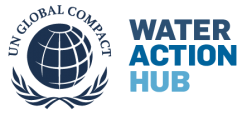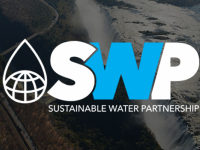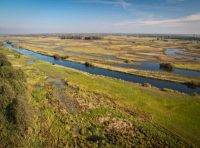Primary Functions
- Provides tools for measuring water use and methods to optimize it
- Offers best practice guidance
Detailed Description
ISO’s solutions for addressing vital global water challenges are the subject of a new brochure, ISO & water. The four-page document provides a concise overview of International Standards available and how they can help.
Although essential for life, water supplies are burdened by drought, water shortages, climate change, contamination and pollution, the requirements of large cities, intensive irrigation and a growing population with higher standards of living. Water challenges cut across boundaries and require a global response.
ISO standards offer harmonized technology, terminology and best practice, so that countries sharing the same water resources can work together efficiently and effectively. They are powerful tools for sharing proven global solutions with all regions of the world.
The new brochure underlines the benefits of ISO’s consensus-based approach, and outlines ISO’s water solutions for good business practice, management of resources, risk assessment, metrics and infrastructure. It looks at how ISO water standards can facilitate sustainable water management and increase water potential, helping alleviate water scarcity and contributing to achieving the UN’s Millennium Developing Goals.
Of ISO’s more than 19 000 International Standards, over 550 relate specifically to water. They tackle issues like service management of drinking and wastewater systems, water supply during crisis situations, irrigation, quality and conservation (e.g. hydrometry, quality sampling, water footprint) and infrastructure (e.g. pipes, valves, metering).
ISO works closely with key stakeholders in the water field to ensure the relevance and market uptake of its standards. ISO’s multi-stakeholder approach consolidates contributions from industry, government, research, academia, international organizations and NGOs. Some of the organizations contributing to ISO’s water standards include the World Health Organization, the World Meteorological Organization, the Food and Agriculture Organization, the Organisation for Economic Co-operation and Development, the International Water Association, Consumers International, among many others.
Because of the important contribution that International Standards can make to addressing this vital and global challenge, water has become one of ISO’s strategic priorities. A recent ISO task force investigated areas where standardization could help and issued a set of recommendations for future work.







